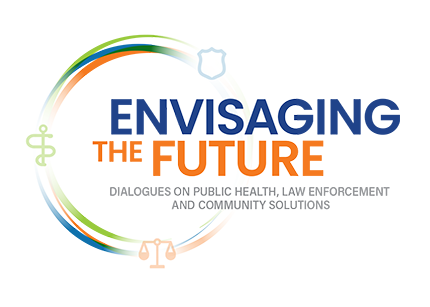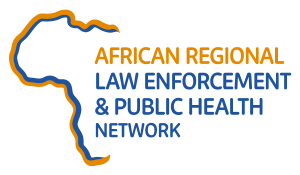The Trauma Informed Policing and Law Enforcement (TIPLE) Special Interest Group aims to raise awareness of the prevalence and impact of traumatic experiences throughout the lifespan and how these may influence the behaviour of multi-agency partners, law enforcement personnel, suspects and offenders, victims and the broader community. It also seeks to explore, collate and create resources to enhance awareness and importantly to provide practical tools to respond in a trauma responsive manner.
There is no currently globally accepted definition of trauma-informed practice, however the key components are captured in SAMHSA’s conceptualisation:
“Individual trauma results from an event, series of events, or set of circumstances that is experienced by an individual as physically or emotionally harmful or life threatening and that has lasting adverse effects on the individual’s functioning and mental, physical, social, emotional, or spiritual well-being”
The TIPLE SIG brings seeks to create collaborations between practitioners, law enforcement personnel, researchers, those with lived experience of trauma as well as those impacted by them. The group’s philosophy is that all approaches start with a solid understanding of trauma in terms of the range of neurological, physiological and behaviour impacts of trauma at different life-stages. This the foundational trauma aware building block upon which all subsequent work in built. Therefore, where a system is trauma-informed individuals at all levels of the system have the foundational knowledge of what trauma is, its prevalence in criminal justice cohorts and how it impacts individuals and those around them. For a system to become trauma-informed all people at all levels of the system will this foundational awareness. Once a system is trauma-aware it is able to:
- Understand the pervasive nature of trauma, the impact of trauma and hence can identify potential paths for amelioration
- Identify the specific difficulties that trauma creates for individuals and the wider system
- Responds by embedding awareness and knowledge about trauma into system policies, procedures, and practices
- Adopts practices that both aim to not only prevent re-traumatization, but also to contribute to post traumatic growth for both individuals and systems.
A trauma informed approach is distinct from trauma-specific services or trauma systems. A trauma informed approach is inclusive of trauma-specific interventions, whether assessment, treatment or recovery supports, yet it also incorporates key trauma principles into the organizational culture. SAMSHA proposes four R approach:
“A program, organisation, or system that is trauma informed realises the widespread impact of trauma and understands potential paths for recovery; recognises the signs and symptoms of trauma in clients, families, staff, and others involved with the system” and responds by fully integrating knowledge about trauma into policies, procedures, and practices, and seeks to actively resist re-traumatisation.”
To achieve these important aims requires effective, multidisciplinary approaches to be developed. These approaches must draw on empirical research, lived experience, good practice but should also avoid ‘reinventing the wheel’ by adopting and adapting approaches that have been found to support good mental health and healthy communities more generally. TIPLE SIG will seek to collaborate with related SIGs (e.g., LEMH SIG, LEFRW SiG etc.)
The TIPLE SIG aims to meet annually in different global locations to address the issues relevant and specific to that context. Plain English summaries will be drafted and made publicly available through this website. It also seeks to host virtual workshops, webinars and conferences throughout the year to ensure that contemporary best practice and current research knowledge are cascaded, adapted, piloted, evaluated and where appropriate adopted.






